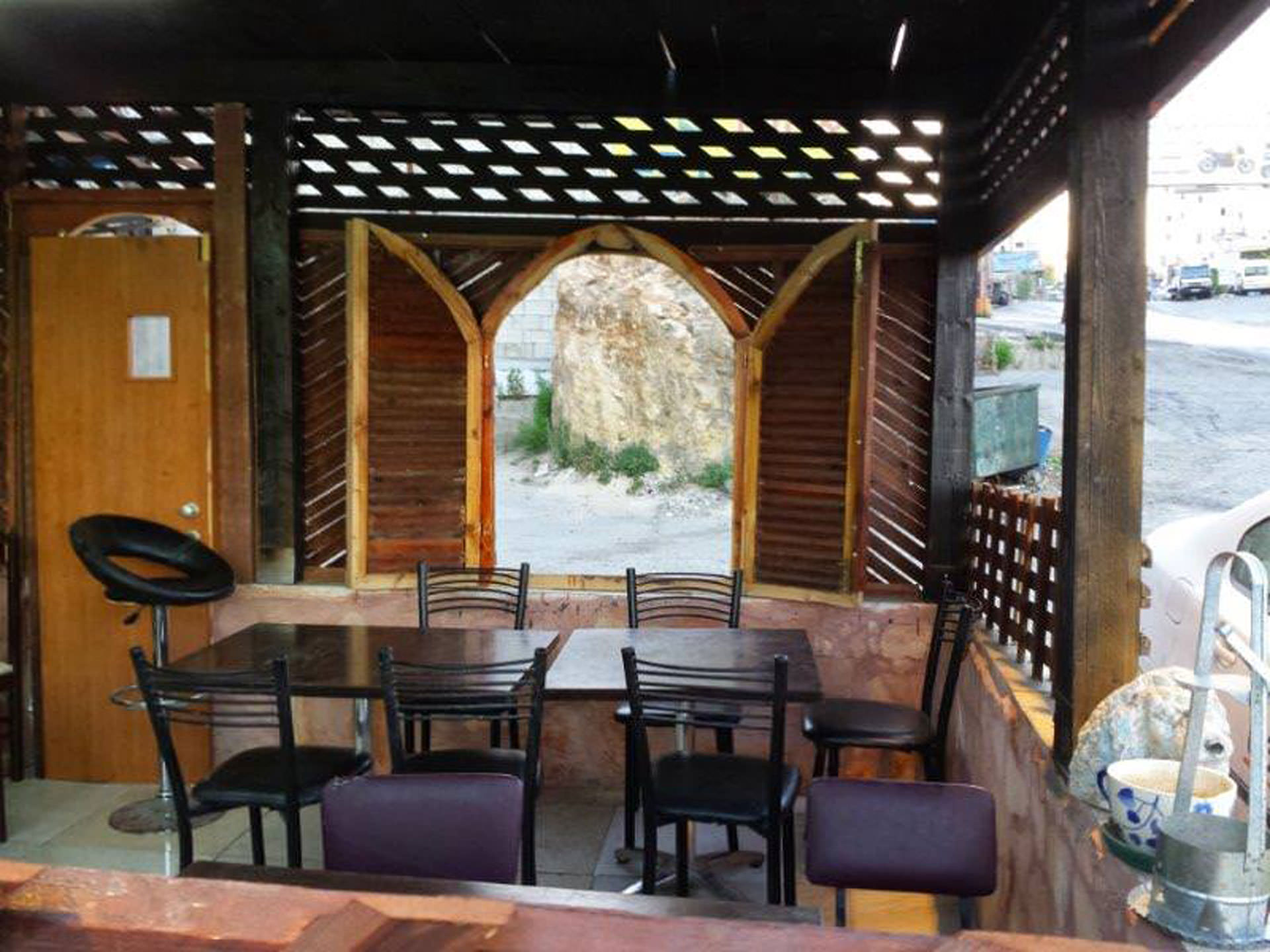
Birthdays
The birth of a child is a great event in most cultures, and I had the opportunity to experience this in Jewish Israeli, Dutch and Bedouin cultures. Among the Bedouins when a boy is born, there is a festive meal for the extended family, served on huge platters. The traditional dish is mansaf, made of lamb cooked in a sauce of fermented dried yogurt and served with rice or groats (Mansaf, 2011). Afterwards there is Bedouin coffee. It is uncommon to bring presents. I attended the party for the birth of Bashar’s youngest son, for which he himself had slaughtered the sheep. Among Israeli Jews, when a boy is born there usually is a large ceremonial party at which the boy is circumcised and presents are given. Among Dutch Jews, the party is usually more private. Nowadays parties are sometimes held for Jewish baby girls as well. In the dominant culture in the Netherlands, it is customary to visit the parents and give presents when a child is born, but there usually is no big party.
In the Netherlands, it would be out of the ordinary to skip subsequent birthdays. Birthdays tend to be celebrated from the first until the last. Even without a party, presents and birthday cards are always there. “Round” birthdays (20, 30, 40 etc.) receive more attention and often go with bigger parties. In the Netherlands, the individual is central. In contrast, for the Bedouins the birth of a person is significant for society, but the individual is of less importance and so is time. For them, there is no incentive to celebrate birthdays. Nonetheless, times do change, also for the Bedouins. Nowadays birthday celebrations become more common. I was present at the third birthday of Bashar’s eldest, with family and other children, cakes, small fireworks and many presents.








